For years, “fat” has been a scary word in the world of dieting. Low-fat products filled supermarket shelves, and many people believed eating fat would automatically lead to gaining weight. But the truth is, not all fats are created equal, and the right kinds of fats are essential for your health.
The Fat Myth
The idea that all fats are bad came from old research that linked high-fat diets to heart disease and obesity. What often got left out was the difference between harmful fats and healthy ones. Cutting out all fat can actually leave your body lacking vital nutrients and energy.
Why Your Body Needs Fat
Fat isn’t just about calories. It plays an important role in how your body functions:
- Supports brain health and memory
- Helps absorb vitamins A, D, E, and K
- Provides long-lasting energy
- Protects organs and supports hormone balance
Without enough fat, you may feel tired, hungry, and less focused.
Good Fats vs Bad Fats
The key is choosing the right types of fat.
Healthy fats (good fats):
- Avocados
- Olive oil
- Nuts and seeds
- Oily fish like salmon, sardines, or mackerel
Unhealthy fats (limit these):
- Trans fats found in processed foods, pastries, and fried snacks
- Excess saturated fat from things like fatty cuts of red meat or too much butter
Building a Balanced Approach
Instead of avoiding fat altogether, aim to replace unhealthy fats with healthier ones. Drizzle olive oil on a salad, swap crisps for a handful of nuts, or add some avocado to your breakfast. These small choices make your meals more satisfying and keep your body nourished.
The Bottom Line
Fat isn’t the enemy. In fact, it’s one of the most important parts of a balanced diet. The real secret is knowing which fats to embrace and which to limit. By making smarter choices, you’ll fuel your body properly without falling for the old “fat makes you fat” myth.
